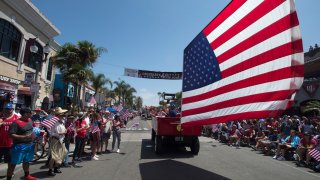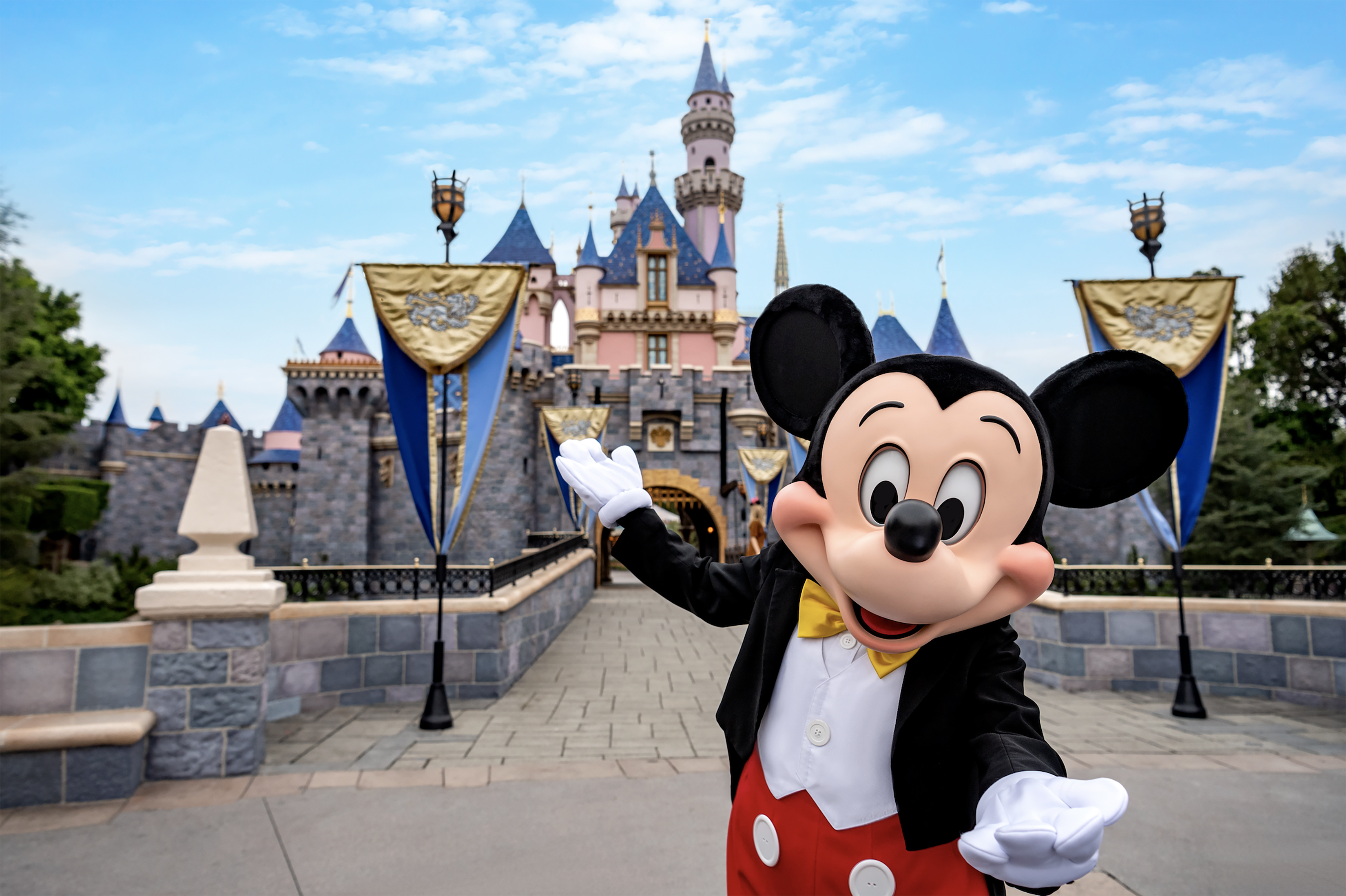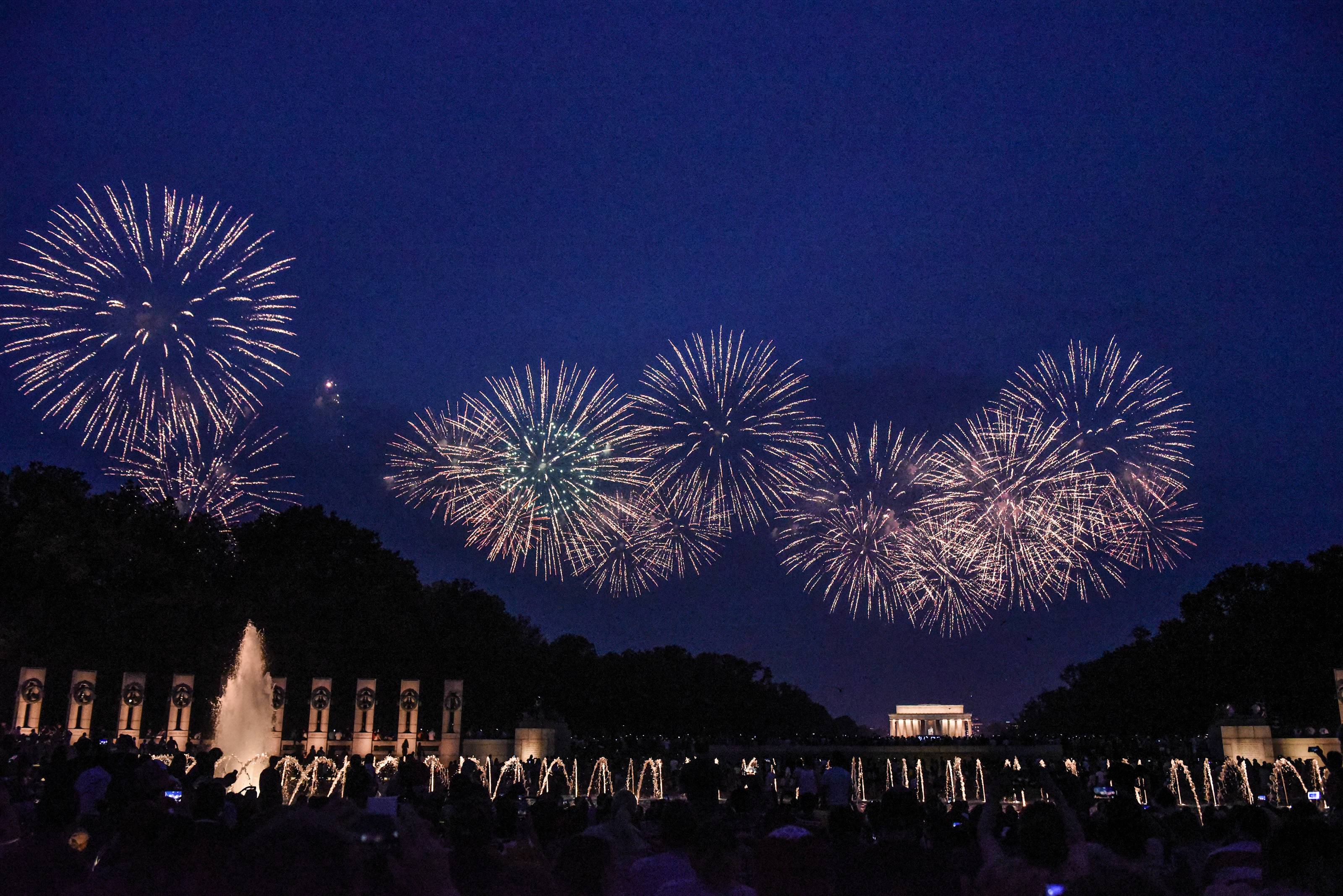
With Covid-19 forcing cancellation of large-scale events, many of the nation's public fireworks displays and Fourth of July parades have been called off for 2020.
Unfortunately, this will increase the use of more dangerous and deadly illegal fireworks as well as the “safe and sane” fireworks that many community organizations will be supporting and selling. Remember, though safe and sane, a simple sparkler can put out 1,200 degrees. Sparklers account for roughly one-quarter of emergency room fireworks injuries.
Did you know?
- There are more than 19,500 reported fires are started by fireworks annually.
- Burns account for 44% of the 9,100 injuries treated in emergency rooms seen in the month around July 4th
- Half of the fireworks injuries seen at emergency rooms were extremities: hand, finger, or leg. One-third were to the eye or other parts of the head
We usually tell the public “leave it to the professionals” and attend a public show. This will not be the case this year, as most have been cancelled. The shows that will go on will have more than normal attendance.
Late season rains have promoted light grassy fuel growth in hillsides and residential neighborhood vacant land and lots. We have already seen an abnormal increase in brush and grass fires this year. With no precipitation in the forecast, each day the fuels dry out and become ripe for a small spark to ignite them.
This will likely be one of most dangerous 4th of July as well as the days ensuing and after since 4th of July falls on a Friday.
Here is a list of cities that will allow safe and sane fireworks.
Here are some important firework safety tips.
There are plenty of fun things to do but keeping safety in mind is a priority!
Travel Safety
- Buckle up, slow down, do not drive impaired.
- Do not text and drive.
- Let someone know your destination, your route, and when you expect to arrive.
Water Safety
Paddle Board? Jet Ski? Surfing? It is all harmless fun, right? Fun, certainly, but think before you play. Whatever the activity, observe these important rules:
- Wear a Coast Guard-approved life jacket.
- Know local weather conditions. Let others know when you hit the water and when you plan to return.
- Swimming pools. Learn to swim. Do not swim alone or leave children unattended! Let someone know where and what time your leaving and intend on returning!
Barbeque Safety
This fun seasonal ritual has a flip side, though—namely, an onset of injuries and home fires due to careless cooking practices. Here are some tips you can follow to stay safe while enjoying those tasty treats at your cookout.
- Never grill indoors or unattended – not in your house, camper, tent, or any enclosed area.
- Keep the grill out in the open, away from the house, the deck, tree branches, or anything that could catch fire. Hot grease or ashes could spill from the grill onto the wooden deck or into dry leaves or grass
Hiking Safety
- Watch out for rattle snakes
- Let others know your destination and time of departing and returning
- Bring fluids (water) and stay hydrated
- Wear appropriate clothing
- Wear sunscreen
The most important thing is to practice common sense.
Sam DiGiovanna is a 35-year fire service veteran. He started with the Los Angeles County Fire Department, served as Fire Chief at the Monrovia Fire Department and currently serves as Chief at the Verdugo Fire Academy in Glendale.



